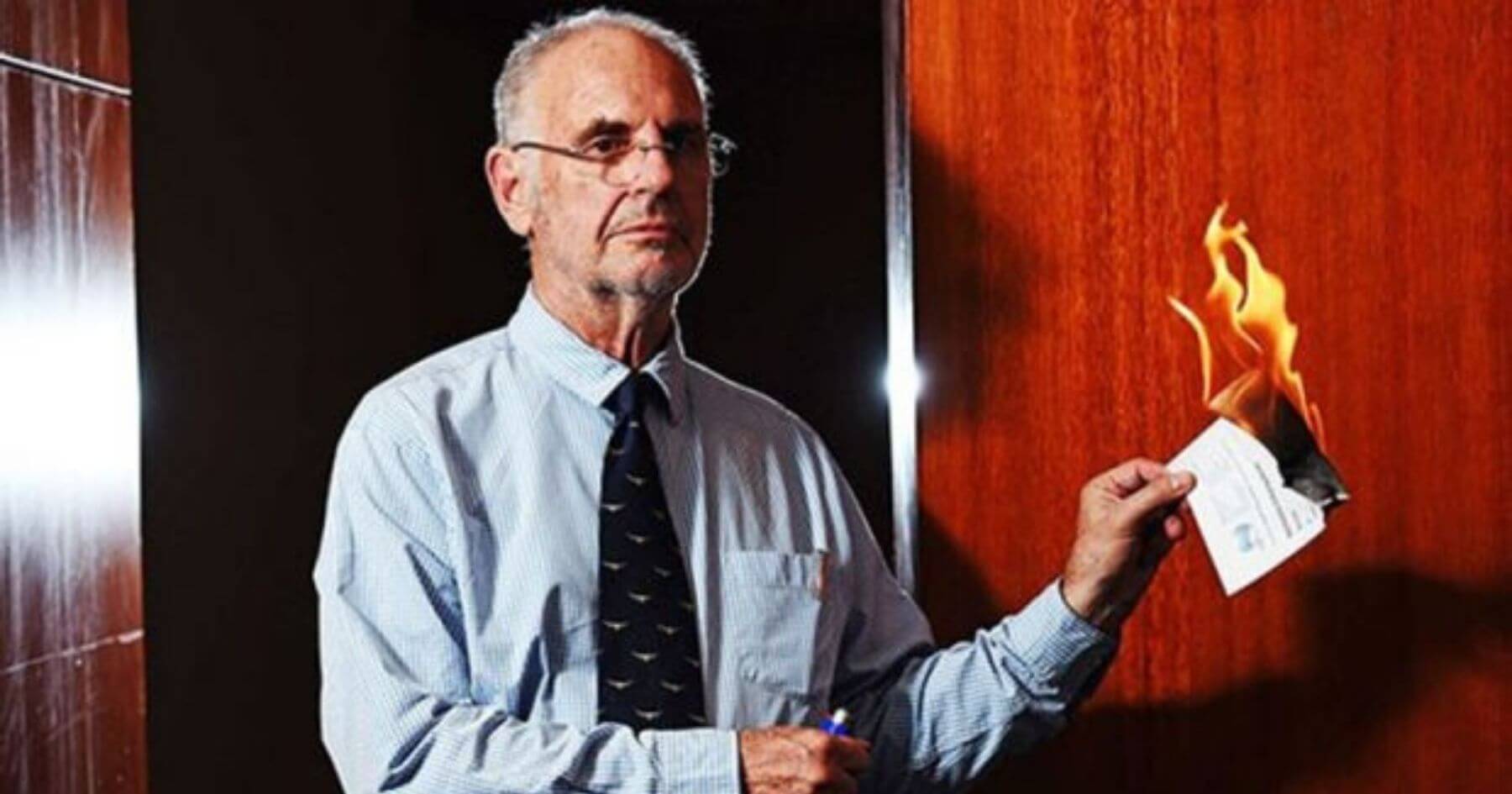As euthanasia and right-to-die activists debate the use of a new lethal drug for euthanasia in the Netherlands, certain activists are promoting ‘rational suicide’ as an alternative to the current legislative framework.
Philip Nitschke and his partner, Fiona Stewart, are leading advocates of the ‘rational suicide’ movement, which believes that any person of “sound mind” over the age of 18 has the right to “request & be granted assistance with suicide if necessary or desired”.
Whereas advocates of euthanasia and assisted suicide typically promote its legality for those who are terminally ill or near the end of their lives, the ‘rational suicide’ movement, believes that any adult has the “right to implement plans for the end of their life so that their death is reliable, peaceful and at a time of their choosing”, regardless of any other considerations.
Nitschke’s organisation ‘Exit International’, defines a rational suicide as “the unassisted but well considered death of a mentally competent adult who may or may not be suffering from a serious medical illness”. In addition to promoting ‘rational suicide’, Exit International manufactures devices to assist with suicide and provides advice for those seeking to end their lives via these means.
In a podcast, Nitschke and Stewart candidly discuss a range of issues linked with ‘rational suicide’, the latest of which being the dispute in the Netherlands over the use of sodium azide, a lethal drug otherwise known as “Middel X”.
Assisted suicide and euthanasia in the UK
Assisted suicide and euthanasia remain illegal in the UK and have consistently been rejected by Parliament, which recognises the inherent danger that this kind of legislation represents, especially to people who are sick and/or elderly.
Unlike Nitschke’s ‘rational suicide’ movement, attempts to change the legislation on assisted suicide and euthanasia in the UK have focused on providing a medical suicide for those who are terminally ill and ‘suffering unbearably’.
Earlier this year, 70 MPs and Peers signed an open letter in opposition to renewed pushes to introduce assisted suicide, in which they pointed out that in other jurisdictions that have introduced assisted suicide and/or euthanasia, the law may initially have applied to a select group but it slowly expanded to apply to others.
The letter argued:
“There are escalating numbers of deaths over time in every jurisdiction, and in almost all places the categories of those who qualify for assisted suicide or euthanasia has been expanded”.
“In Oregon, which is the campaigners’ declared model for an ‘assisted dying’ law, cases of assisted suicide have risen fifteen-fold since it was introduced in 1997”.
In Canada “[t]he legislation itself proposes a review with the possibility of extending euthanasia to mature minors and those with solely mental health conditions”.
Right To Life UK spokesperson, Catherine Robinson, said: “The ‘rational suicide’ movement is really just an extension of the logic behind the more mainstream assisted suicide and euthanasia movement. Arguments tend to focus on the ‘unbearable suffering’ of individuals as a rationale for allowing assisted suicide, yet at the same time restricting assisted suicide to those who are terminally ill. Clearly, though, anyone at any stage of life could be ‘suffering unbearably’. Rational suicide, therefore, is more coherent on this point and so advocates for the unrestricted ‘right to die’”.
“The extreme approach of the rational suicide movement is afflicted with all the same difficulties as its less extreme cousin and even amplifies them. However, as we have seen time and time again, the safeguards in existing assisted suicide legislation almost never last and the legislation often expands its criteria for assisted suicide”.
“Laws permitting euthanasia in the Netherlands, Canada, and Belgium, have rapidly expanded. Belgium legalised euthanasia in 2002 and since then, the practice has even been extended to children”.












